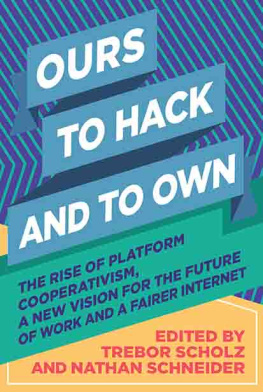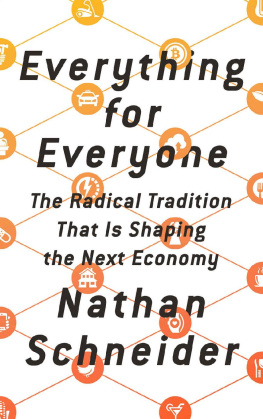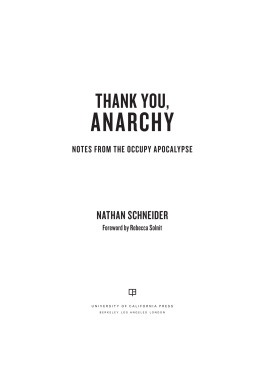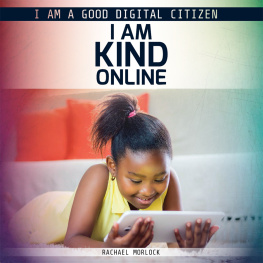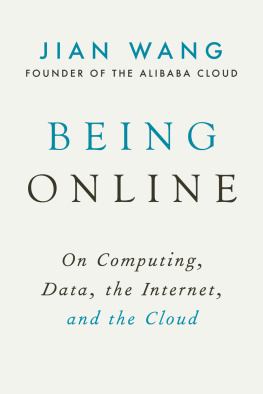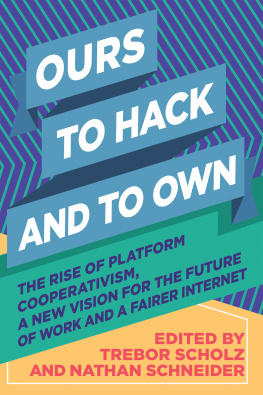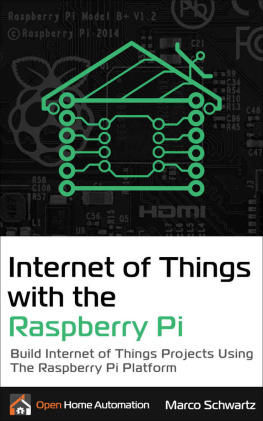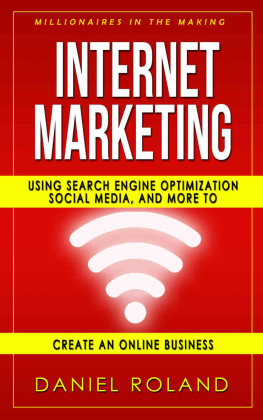


Anthology selection 2016 Trebor Scholz and Nathan Schneider.
The following authors have placed their contributions under a Creative Commons Attribution-ShareAlike 4.0 International license: Michel Bauwens and Vasilis Kostakis, Yochai Benkler, Francesca Bria, Miriam A. Cherry, Ra Criscitiello, Max Dana, Joshua Danielson, Joel Dietz, John Duda, Enric Duran, Matan Field, Noemi Giszpenc, Mayo Fuster Morell, Marina Gorbis, Jessica Gordon Nembhard, Seda Grses, Peter Harris, Steven Hill, Pedro Jardim, Francis Jervis, Mary Jo Kaplan, Dmytri Kleiner, Brendan Martin, Rachel ODwyer, Rory Ridley-Duff, Carmen Rojas, Douglas Rushkoff, Nathan Schneider, Trebor Scholz, Juliet B. Schor, Kati Sipp, Tom Slee, Christoph Spehr, Danny Spitzberg, Armin Steuernagel, Arun Sundararajan, Ashley Taylor, Astra Taylor, Cameron Tonkinwise, Akseli Virtanen, McKenzie Wark, Felix Weth, Brianna Wettlaufer, Chad Whitacre, Aaron Wolf, and Caroline Woolard.
All individual contributions to this anthology the respective author of the contribution.
Published by OR Books, New York and London
Visit our website at www.orbooks.com
All rights information:
All rights reserved. No part of this book may be reproduced or transmitted in any form or by any means, electronic or mechanical, including photocopy, recording, or any information storage retrieval system, without permission in writing from the publisher, except brief passages for review purposes.
First printing 2016
Cataloging-in-Publication data is available from the Library of Congress.
A catalog record for this book is available from the British Library.
ISBN 978-1-68219-062-3 paperback
ISBN 978-1-68219-063-0 e-book
Text design by Under|Over. Typeset by AarkMany Media, Chennai, India. Printed by BookMobile in the United States and CPI Books Ltd in the United Kingdom.
PART 1
SOMETHING TO SAY YES TO
1. WHAT THIS IS AND ISNT ABOUT
TREBOR SCHOLZ AND NATHAN SCHNEIDER
This is a guidebook for a fairer kind of Internet. While we intend to foster something new in the online economy, we do so by turning to something old: the long tradition of cooperative enterprise. The problems of labor abuse and surveillance that have arisen with the sharing economy, also, are not entirely new; they have much in common with struggles on nineteenth-century factory floors. By considering the emerging platforms in light of well-hewn cooperative principles and practices, we find an optimistic vision for the future of work and life.
Already, this strategy is catching on. Workers, organizers, developers, and social entrepreneurs around the world are experimenting with cooperative platforms and forming conversations about platform cooperativism. This book, therefore, is an effort to serve a movement in the making, to add to the momentum we and our fellow contributors already feel.
We each came to platform cooperativism by somewhat separate paths. Trebor had been convening the Digital Labor conferences at The New School since 2009, from which arose an earlier book, The Internet as Playground and Factory. In publications like The Nation and Vice, Nathan was reporting on the protest movements of 2011 and efforts among young people to create ethical livelihoods, online and off, once the protests receded. We met at OuiShare Fest in Paris in 2014, and, at Trebors Sweatshops, Picket Lines, and Barricades conference later the same year, we both sensed it was time to think about constructive alternatives to the dominant Silicon Valley model.
That December, Trebor published Platform Cooperativism vs. the Sharing Economy, framing this concept that would come to be this movements moniker. The same month, Shareable published Nathans article Owning Is the New Sharing, which mapped out some of the efforts to build cooperative platforms already underway. Realizing our common interest, we discussed these ideas with interested platform-workers, labor advocates, techies, and ludditesmany of whom, we found, were venturing into various forms of platform cooperativism already. We agreed it was time that they should meet each other.
In November 2015, we held a two-day event called Platform Cooperativism: The Internet, Ownership, Democracy at The New School. More than a thousand people came, including New York City Council members, CEOs, investors, platform creators, and leading scholars. The Washington Post deemed the event a huge success. Shortly after, the Rosa Luxemburg Foundation published Trebors primer on platform cooperativism, which has been translated into at least seven languages. Follow-up events have taken place in Barcelona, Berlin, Bologna, Boulder, London, Melbourne, Paris, Rome, Milan, Vancouver, and elsewhere.
Before we get started, lets make sure we are talking about the same thing: shared governance and shared ownership of the Internets levers of powerits platforms and protocols. Democratic ownership and governance are the pillars of what cooperativism refers to, both here and historically; without these, the word rings hollow.
Second, this book calls for a process, not another trick of technological solutionism. Platform cooperativism will not come about simply through a few killer apps; it will require a different kind of ecosystemwith appropriate forms of finance, law, policy, and cultureto support the development of democratic online enterprises. This means challenging the cooperative movement to meet the opportunities of the platform economy, and challenging the platform economy to overcome its obsession with short-term profits for the few.
Platform cooperativism is a radical horizon, to be sure, but we should not regard it as an absolute. There will be multiple and sometimes partial means of getting there. A company that shares some ownership and governance is better than one that shares none, and we celebrate that. We encourage a variety of strategies and experiments.
The contributors to this book, in that spirit, represent diverse approaches and perspectives. It is a means of sharing what we learned from the 2015 Platform Cooperativism event more widely, and of drawing more people into the work of overcoming the challenges we face. We can keep the conversation going at platformcoop.net, a place for ongoing discussion of news, resources, and ideas.
After these introductory chapters, the first set of essays considers the opportunities and challenges of the existing online economy, demonstrating the need for more cooperative approaches. The second section addresses the practical design and development of cooperative online platforms; it includes showcases of actually existing and in-development platform co-ops. In the third section, we step back to consider the broader ecosystems that well need to develop if we are serious about making shared ownership and governance a new norm for the Internet; here, too, are showcases that show how far the platform co-op ecosystem has already come.
Throughout this process, we have been amazed by the enthusiasm and experience that so many people around the world have brought to the #platformcoop conversation, and the effort to make it a reality. We hope this book does justice to the power of what is already underway, as well as the hurdles we still face together. We dedicate the book to those with the courage and imagination to create an Internet worthy of the people it connects.

